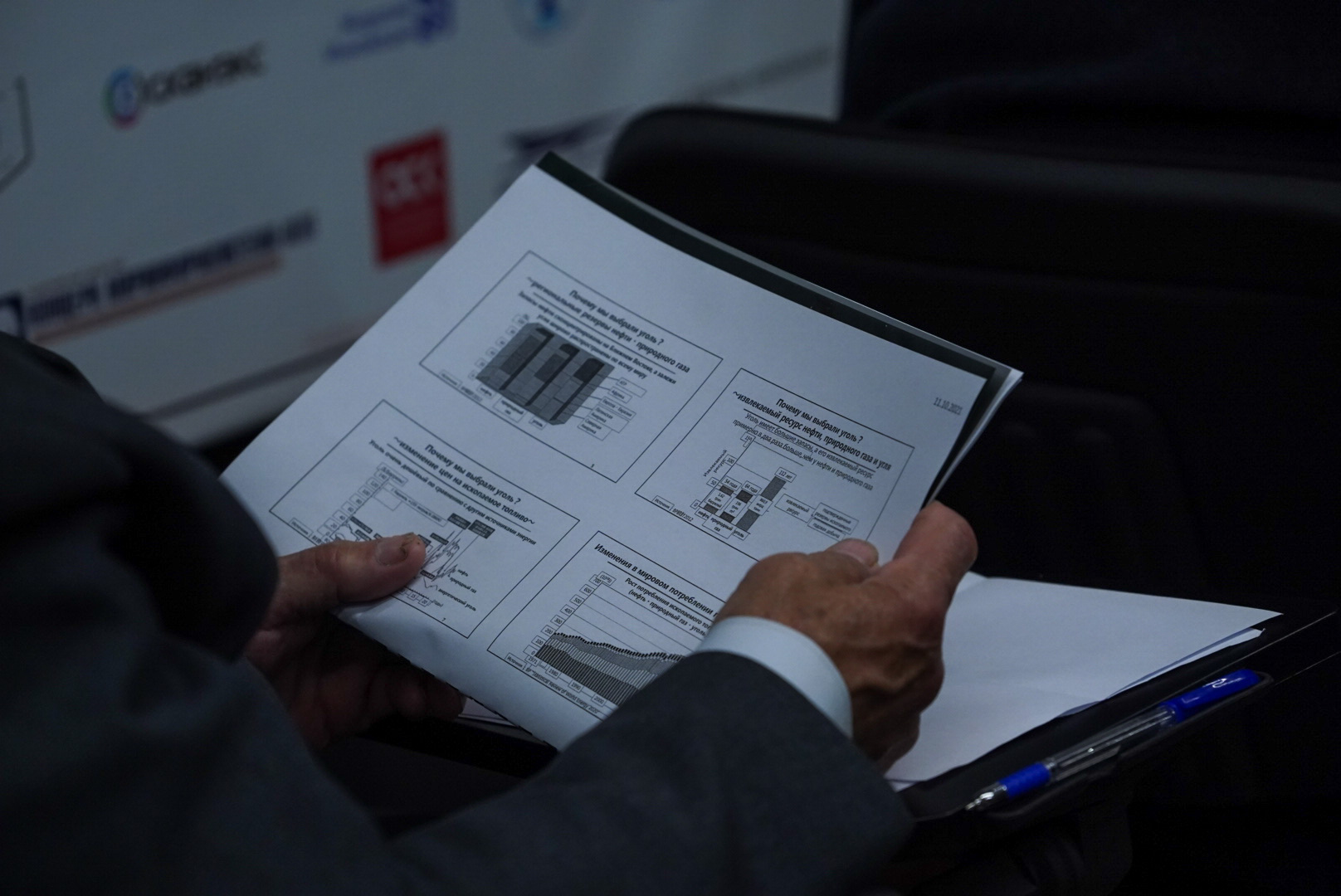The program «Visiting Professors from Japan» has been working at the university since 2016. Over the past time, eleven educational modules have been implemented, and more than 1,000 students took part in these modules.
In his welcoming speech, Consul General of Japan in Yuzhno-Sakhalinsk, Mr. Kazuhiro Kuno noted that the implementation of the program «Visiting Professors from Japan» helps to unite the university communities of the two countries, despite the spread of coronavirus infection. He also noted that the seminar is being held within the framework of the Year of Japanese-Russian Interregional and Twinning Exchanges 2020–2021.

The speaker of the seminar was Professor Naoto Tsubouchi — Doctor of Technical Sciences, an employee of the Regional Research Center for Energy and Materials Synthesis of the Faculty of Engineering of Hokkaido University (Japan).
During the two-day seminar, the professor shared Japanese experience in the extraction and processing of fossil natural resources. The first lecture was devoted to the situation of coal energy in Japan and the use of clean coal technologies that are available at the moment. The professor said that the level of self-sufficiency in energy in Japan is about 12%, which is extremely low compared to other countries, and about 88% of primary energy comes from external supplies. This makes Japan dependent on various factors.

Nevertheless, there are large coal reserves on the territory of the country, the recoverable resource is about twice as large as that of oil and natural gas. And its cost is much lower compared to other energy sources. After the oil crisis, Japan relied on abandoning oil as an energy source, increasing the consumption of imported coal, LNG and nuclear energy (the best combination of energy resources).
Today, the main direction of modern coal energy is the method of burning pulverized coal. Coal is crushed into small particles and burned in a boiler, and the resulting steam drives a turbine to generate electricity. By optimizing and improving the heat cycle, Japan has achieved the highest level of thermal efficiency in the world (~48%) thanks to the technology of generating thermal energy for burning pulverized coal. CO2 emissions per unit of power are reduced by 20% compared to conventional equipment. The future goal is to increase the share of biomass in the fuel mixture to 10%.

In the near future, according to Professor Naoto Tsubouchi, Japan needs to learn to live without relying on fossil resources: reduce energy consumption by 80%, increase the use of nuclear energy by more than 10 times and increase the amount of solar and wind energy used by 1000 times. And to reduce CO2 emissions, it is necessary to develop efficient technologies for using coal, heavy oil and natural gas, transfer technologies to developing countries with low energy efficiency, develop technologies for separating, trapping and isolating CO2 with less environmental impact and rethinking the lifestyle in developed countries.
During the two days of the seminar, participants will learn about the current state and problems associated with energy, new steel smelting processes using hydrogen and ammonia, etc.







